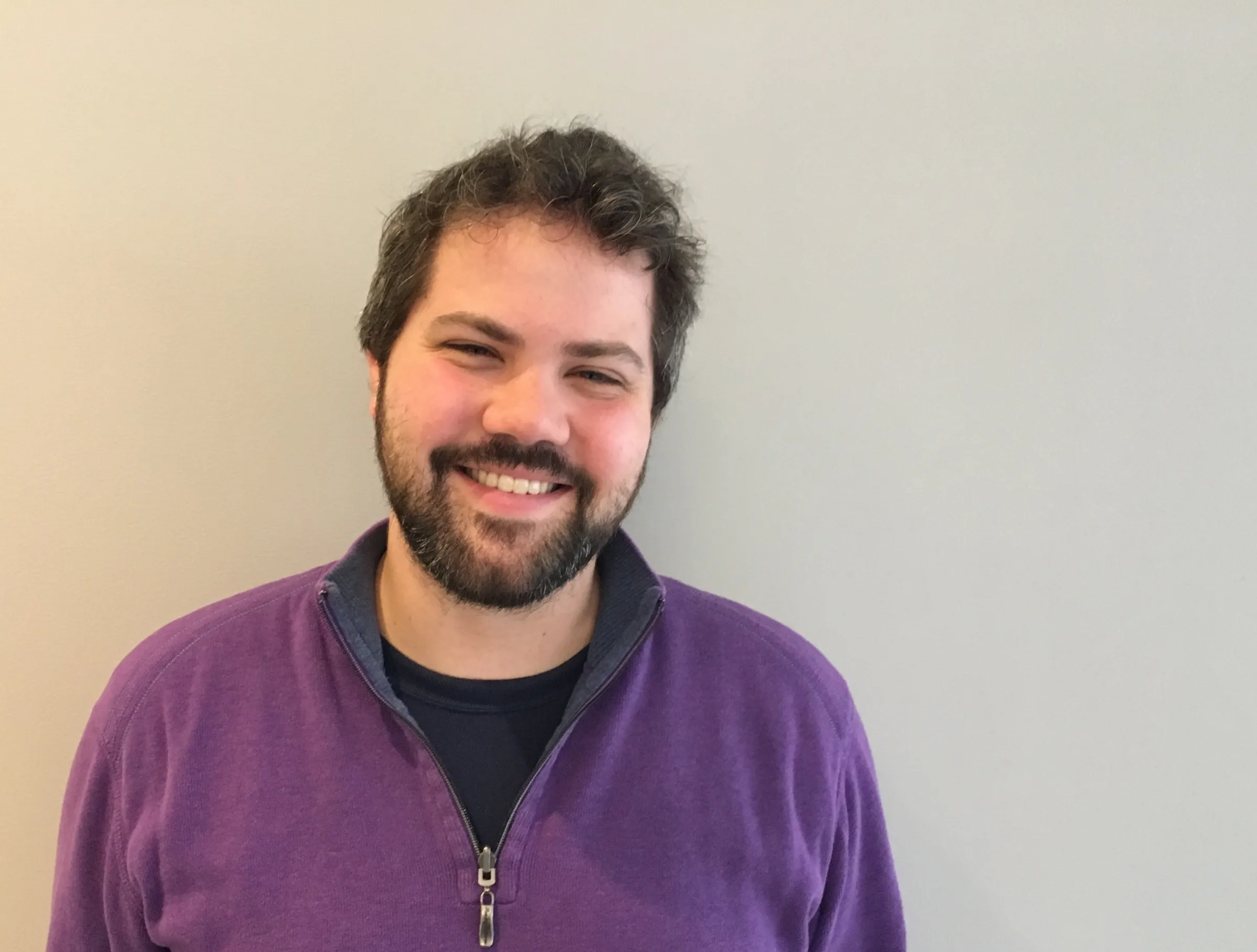40-year-old Joey DeGrandis, from the US, frequently remembers events from years past with astonishing accuracy, recalling both the day of the week and the specific date. When checking against old calendars, DeGrandis's parents were amazed by his precision.
For years, this memory served mainly as a party trick. It wasn't until he was 26, while watching a segment on 60 Minutes, that DeGrandis realized his unique ability closely resembled that of a group of people with highly superior autobiographical memory (HSAM).
He decided to contact Professor James McGaugh, the pioneer of HSAM research. McGaugh had previously received an email from Jill Price, who shared her exhaustion from her brain constantly recalling excessive details of daily life, to the point of uncontrollability. Price subsequently became the first person diagnosed with HSAM.
McGaugh and his colleagues soon received hundreds of emails from people suspecting they had the condition, but only about 60 were officially diagnosed. More than a decade later, the number of diagnosed HSAM individuals remains fewer than 100.
DeGrandis now participates in HSAM studies and has experienced psychological challenges related to his condition.
"I tend to dwell on memories, especially painful experiences like breakups or the loss of loved ones," he shared.
 |
Joey DeGrandis is one of fewer than 100 people diagnosed with highly superior autobiographical memory. Photo: Joey DeGrandis |
Joey DeGrandis is one of fewer than 100 people diagnosed with highly superior autobiographical memory. Photo: Joey DeGrandis
Research indicates that people with HSAM often exhibit obsessive-compulsive tendencies or a fear of germs. However, it's unclear whether these traits are caused by HSAM or simply coincidental.
Despite their ability to accurately recall events and dates, individuals with HSAM don't excel at remembering faces or phone numbers. This ability also differs from photographic memory or the trained memory of professional mnemonists.
"I'm not good at remembering names, or whether I brushed my teeth or where I put my keys. My mind is always racing, filled with other things, which might be why my short-term memory is poor," DeGrandis said.
While science hasn't fully explained HSAM, numerous studies are underway. Scientists use functional magnetic resonance imaging (fMRI) to observe how the brains of HSAM individuals work during recall. Initial data reveal differences in both structure and function.
Professor McGaugh believes that understanding HSAM could help in understanding how the brain stores and retrieves memories, and perhaps even contribute to tackling Alzheimer's and other forms of dementia.
DeGrandis acknowledges that while his extraordinary memory can be a burden, he still considers it precious.
"While I can feel the sadness, I'm truly grateful to be able to vividly recall happy memories. I always try not to take it for granted," DeGrandis explained.
Thuc Linh (Time)












